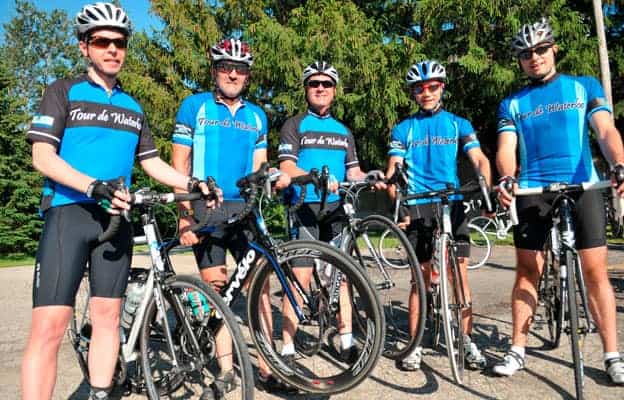;
;
;
Next Article
Kings’ recruit comes with Elmira connection

In Woolwich, there’s now a three-way race for mayor, the first time the top job has been contested in a decade. However, that’s the sole contest among the 10 council spots in Woolwich and Wellesley townships. At least so far. Woolwich Mayor Bill Strauss faces two challengers, but councillors Ruby We
Last updated on May 04, 23
Posted on Jul 30, 10
2 min read
